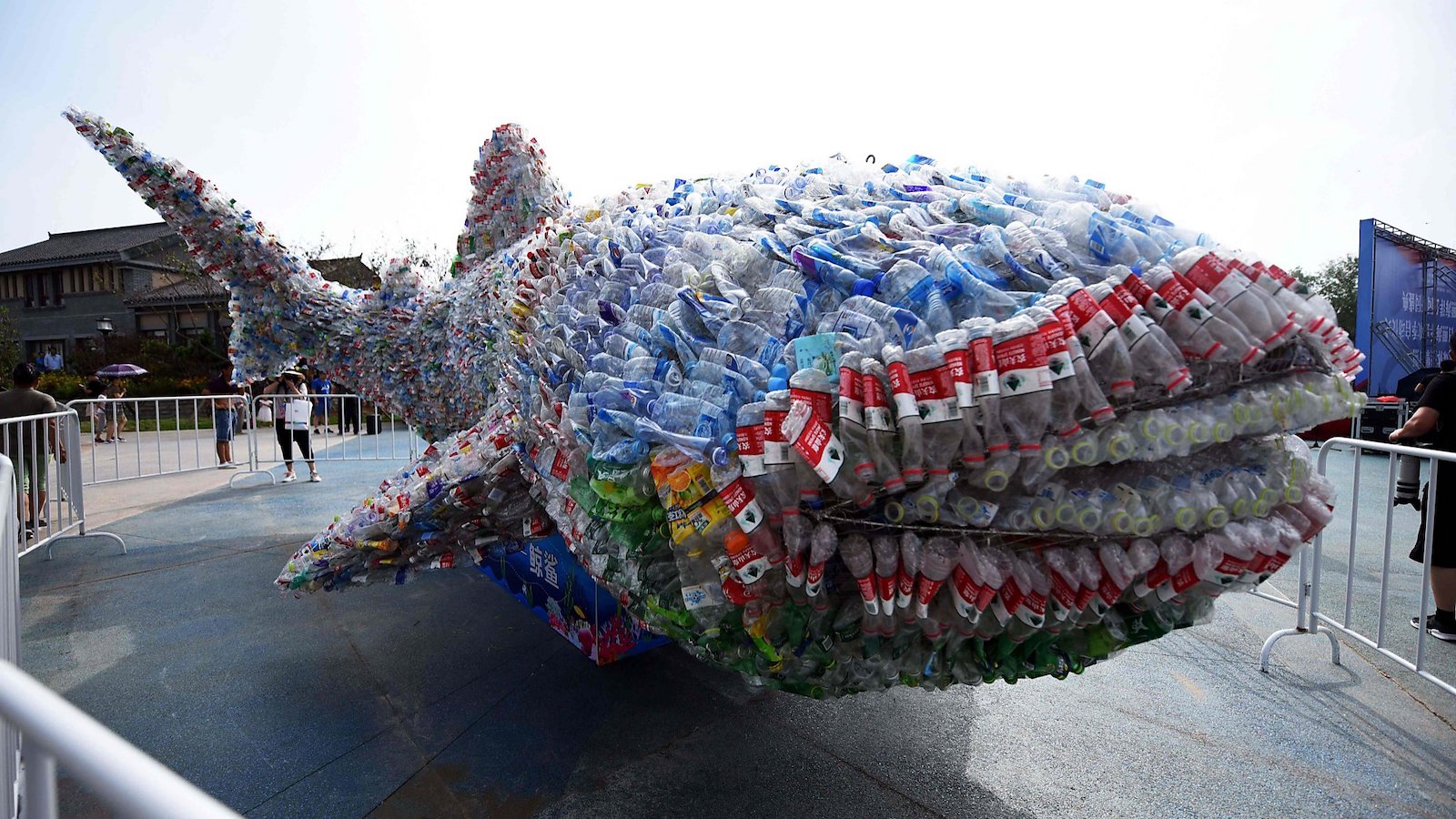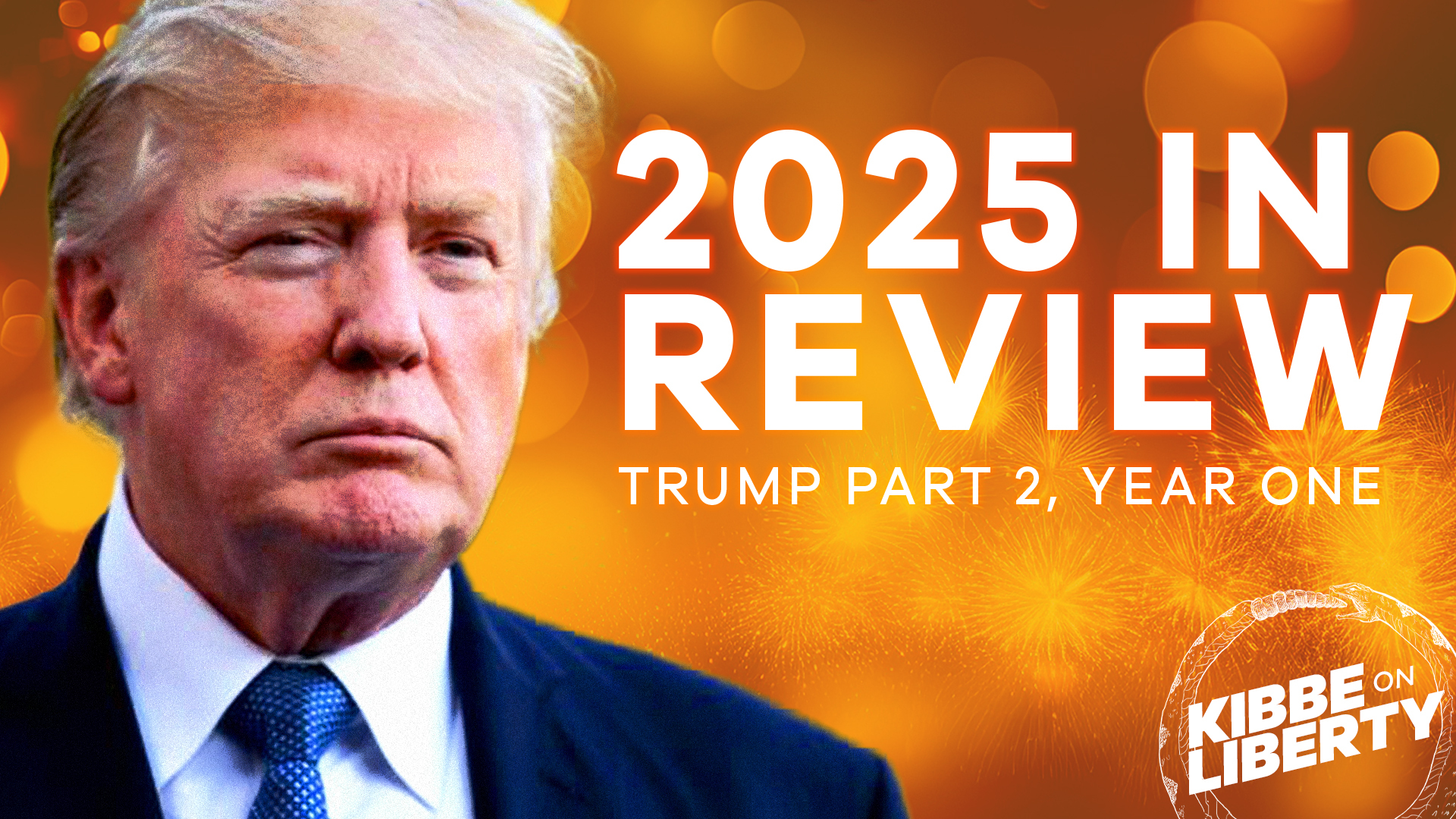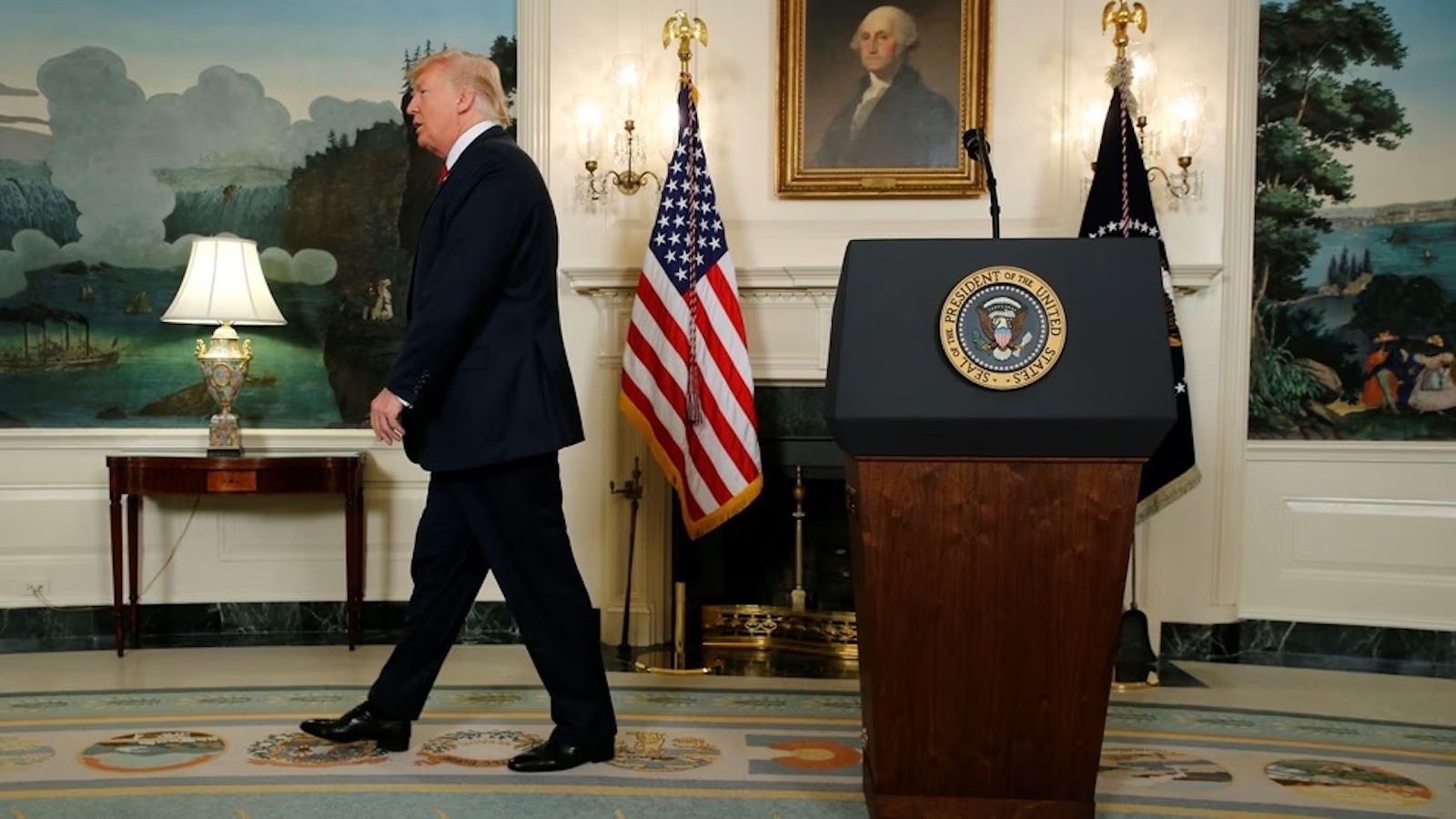
Entrepreneurs, Not Governments, Are Keeping Our Oceans Clean
It’s easy to forget about, but in the north-central portion of the Pacific Ocean, there’s an island of garbage more than twice the size of Texas. It’s called the Great Pacific Garbage Patch, and on July 1, Dutch inventor Boyan Slat’s fledgling nonprofit The Ocean Cleanup became the first organization in the world to successfully recycle plastic collected from it.
Another important moment in the Plastic Journey: we have successfully finalized the recycling step. This is the first time that plastic from the Great Pacific Garbage Patch has been recycled into plastic granulate. pic.twitter.com/IYl85daoCq
— The Ocean Cleanup (@TheOceanCleanup) July 1, 2020
Slat is one of thousands of entrepreneurs throughout the globe, bursting with ideas and energy, and finding creative solutions to our environmental problems. Meanwhile, government responses to those same problems do very little to help. Sporadic regulations like the D.C. plastic straw ban and San Diego’s outlawing of Styrofoam food containers hurt consumers and private business—and for what? These “solutions” merely hemorrhage taxpayer money and place huge burdens on businesses. They’re virtually never successful.
Centralized policy is incapable of providing the tools we need to protect the natural world. That’s because governments all-too-often care more about being seen taking radical action than actually doing anything helpful. If officials and bureaucrats truly cared about keeping our oceans clean, they’d take into account that the vast majority of pollution has nothing to do with American consumers, so banning D.C. diners from using plastic straws achieves nothing. In fact, over half of the waste currently polluting the seas is fishing equipment, and most of the garbage finds its way into the ocean via rivers in Asia and Africa.
All governments can do is eliminate things they don’t like by slapping bans on them, drowning them in red tape or taxing them out of existence, all of which bear costs for the public, place unnecessary burdens on private enterprise and constitute an unacceptable level of state interference in private affairs, without actually resolving the issue.
Meanwhile, the private sector—businesses and nonprofits across the globe—is coming to nature’s rescue, without any state incentives. That’s because innovation does not come from the state. It comes from individuals with ideas. An overpaid, box-ticking civil bureaucrat who clocks out at 5PM each day could never have dreamt up the sea-cleaning scheme implemented by the Florida brothers behind start-up 4ocean, which has removed 4.7 million tons of plastic from the ocean and counting, and is funded solely through the sale of bracelets made from recycled garbage.
4ocean and The Ocean Cleanup are two of many examples wherein the private sector is succeeding where governments fail. Whether they intend to make a profit or simply to do good, the result is the same: Private actors can do the job.
It’s high time for governments around the world to finally put an end to their clumsy centralized policy responses to these issues. They must rein in their expensive and ineffective programs and allow innovators and entrepreneurs in the private sector to take the lead in solving our environmental problems.
Cleaning up our oceans is a monumental task—more than 8 million tons of plastic is dumped into the sea each year—but it’s just the beginning. Governments must step back and allow innovators to rise to the challenge of protecting the environment, or risk doing irreversible damage to both the economy and the natural world.
Free the People publishes opinion-based articles from contributing writers. The opinions and ideas expressed do not always reflect the opinions and ideas that Free the People endorses. We believe in free speech, and in providing a platform for open dialogue. Feel free to leave a comment.



